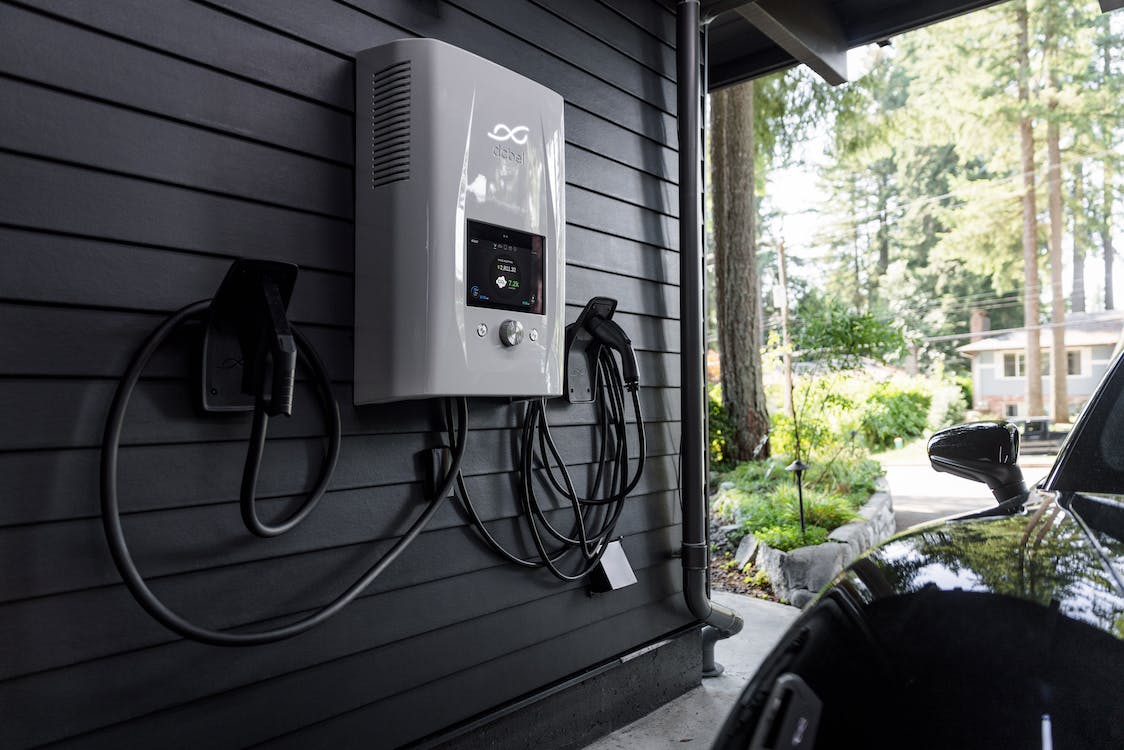Everything You Need to Know About NEMA 14-50 Outlet

Most electric vehicles come with a level 1 charger. However, that is not efficient enough and can leave your car without sufficient power down the road. You need a level 2 charging station at home to ensure you don’t face range issues.
But for that, you will need a NEMA 14-50 outlet. If you’re not sure what this outlet does and why you need it to charge your EV, you’ve come to the right place. Read on to learn everything you need to know about NEMA 14-50 outlets.
What is a NEMA 14-50 Outlet?
NEMA 14-50 outlets are used for in-home EV charging stations that offer level 2 charging. However, they require more power than the standard 120-volt outlet. Instead, they use 240 volts.
Typically, the outlets use ceramic or glass insulators that can meet the demands of extensive charging stations. Using sub-standard insulators, such as fiberglass, will lead to them melting after a few rounds of charging.
Can My Local Electrician Install the Outlet for Me?
Yes, any certified electrician can install an EV charging station at your home. However, it is best to choose an electrician with prior experience in similar projects.
The NEC has some specific requirements for installing the NEMA 14-50 outlet that your electrician must follow. If the set standards aren’t followed, it can lead to a disastrous situation.
How Much Does the Installation Cost?
The cost for the installation varies and depends on several factors. For starters, the distance between the outlet and the power source can impact the cost significantly. Similarly, if your electric panel does not have enough space to add the outlet, you will need a subpanel, which can also increase the overall cost.
However, the total cost, including permit fees, can range between $500 to $2500.
Your electrician can provide a detailed quote after surveying your home in person.
Types of Installations
The NEMA 14-50 electric charging station can be installed in two different ways. These include a hardwired installation and a plug-in installation.
You will require a GFCI breaker for plug-in installations, or it can pose safety hazards. Plus, this type of installation makes the charger portable. However, hardwired installation does not require a GFCI breaker and is relatively less expensive.
You can consult your electrician about which option would suit you best.
Reach Out to Ryan Electric
Want to get a NEMA 14-50 outlet installed at home for your EV? Ryan Electric can help! Call us at (913) 406-7700 to speak to our experts.
